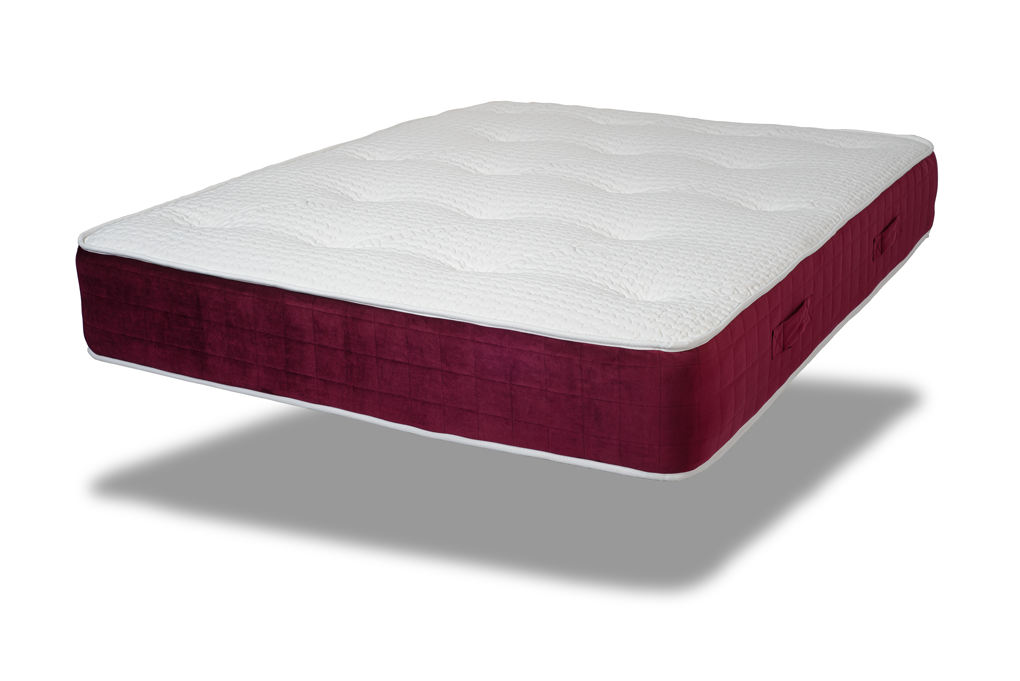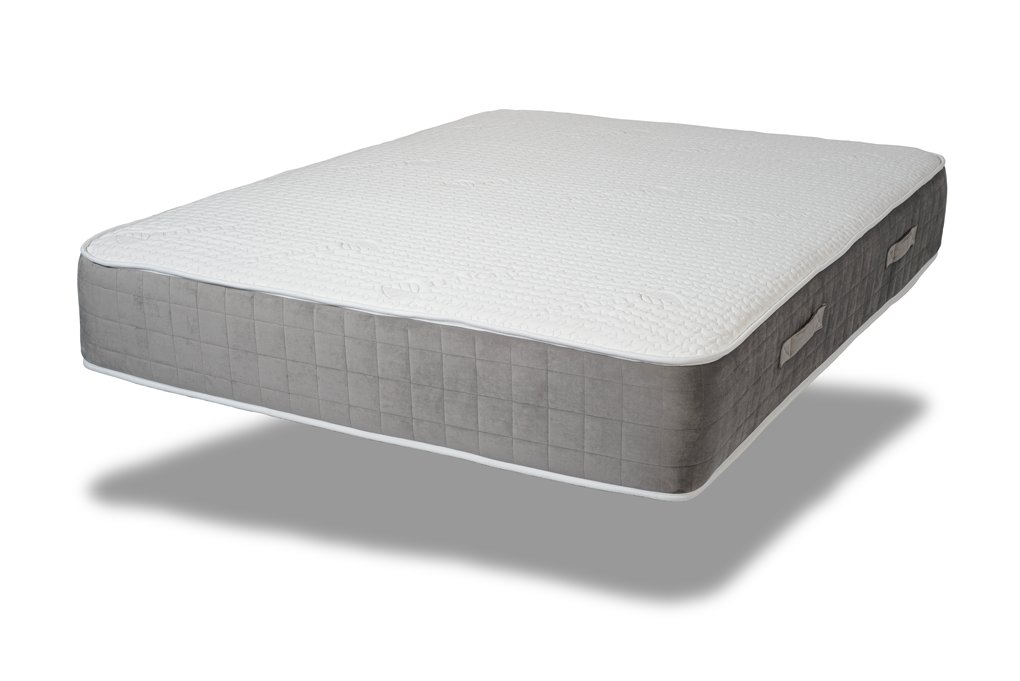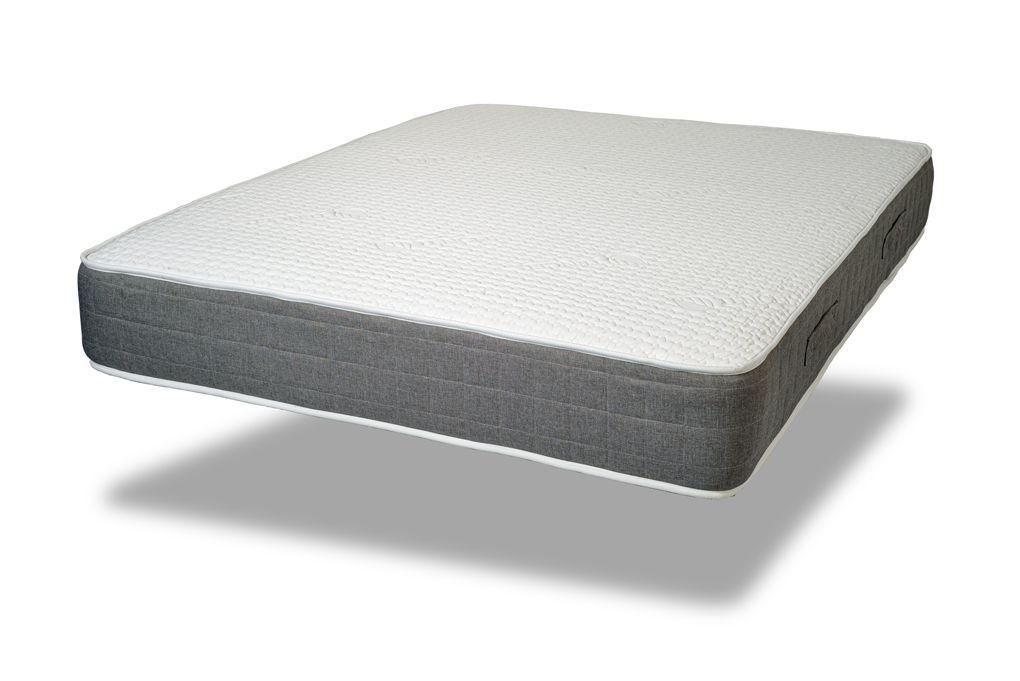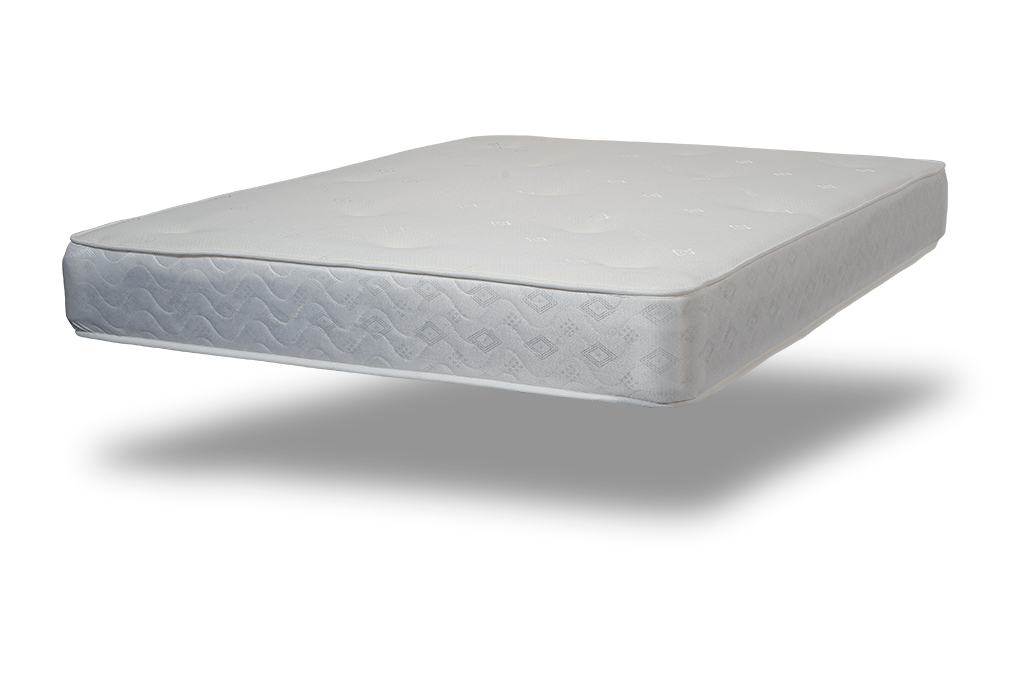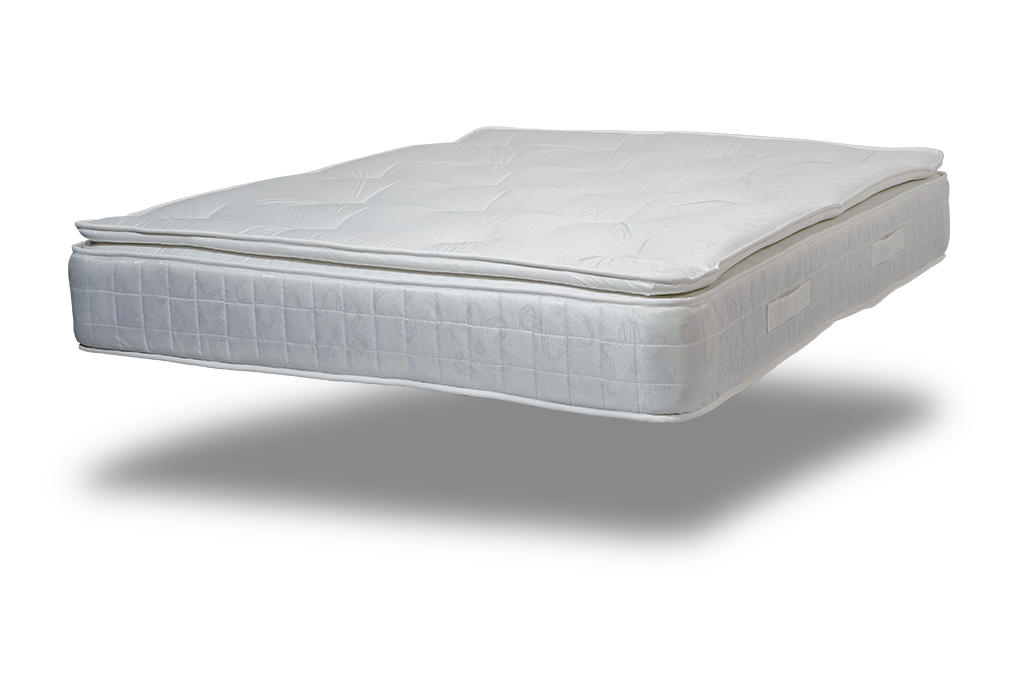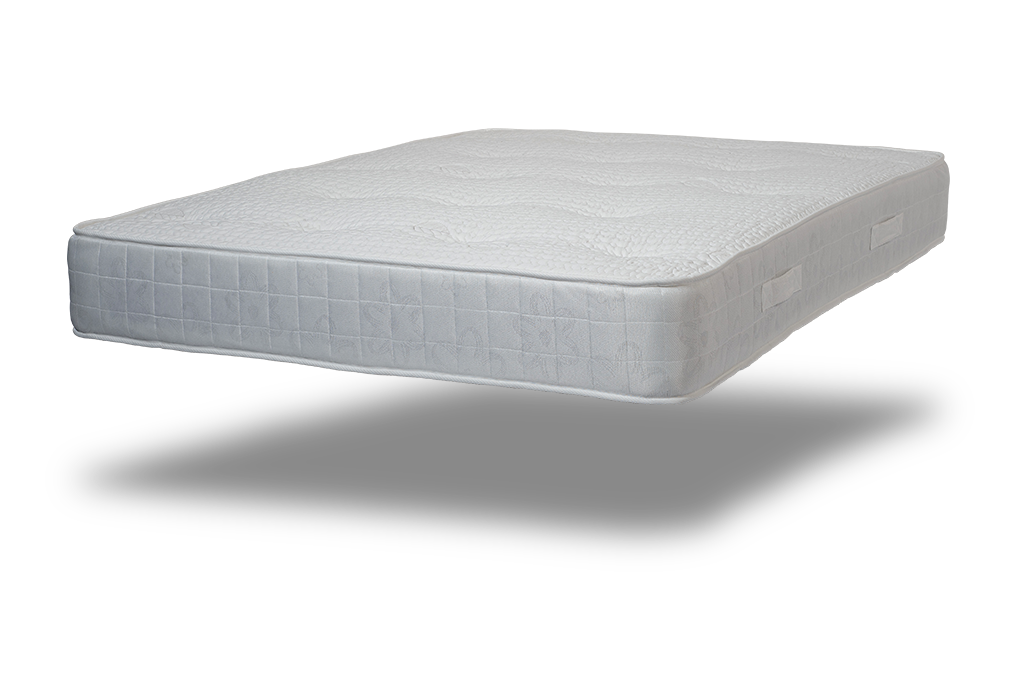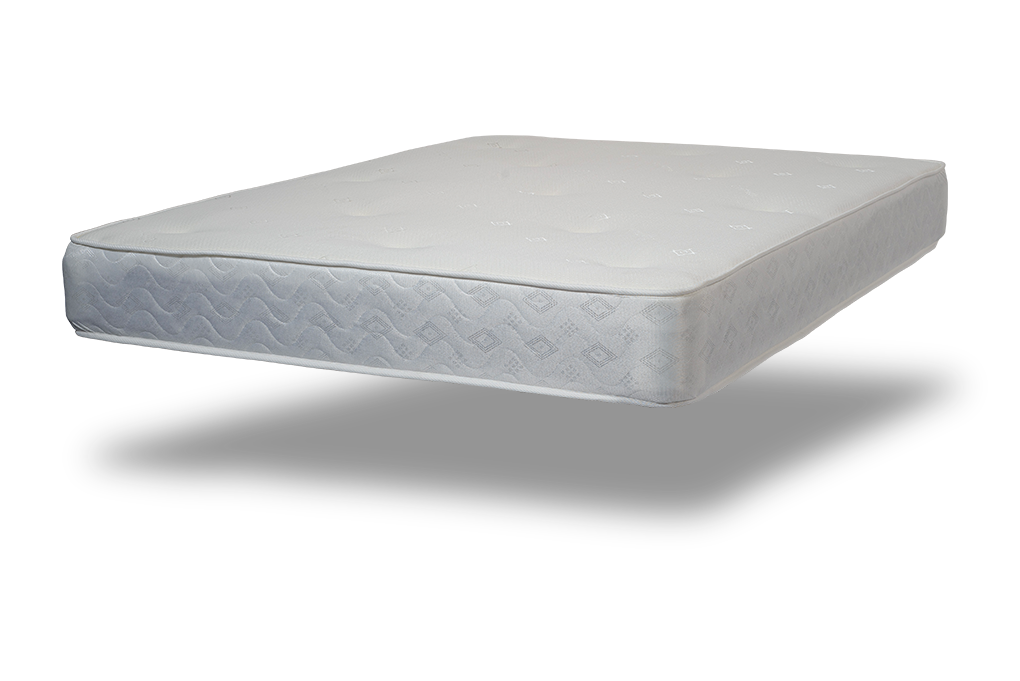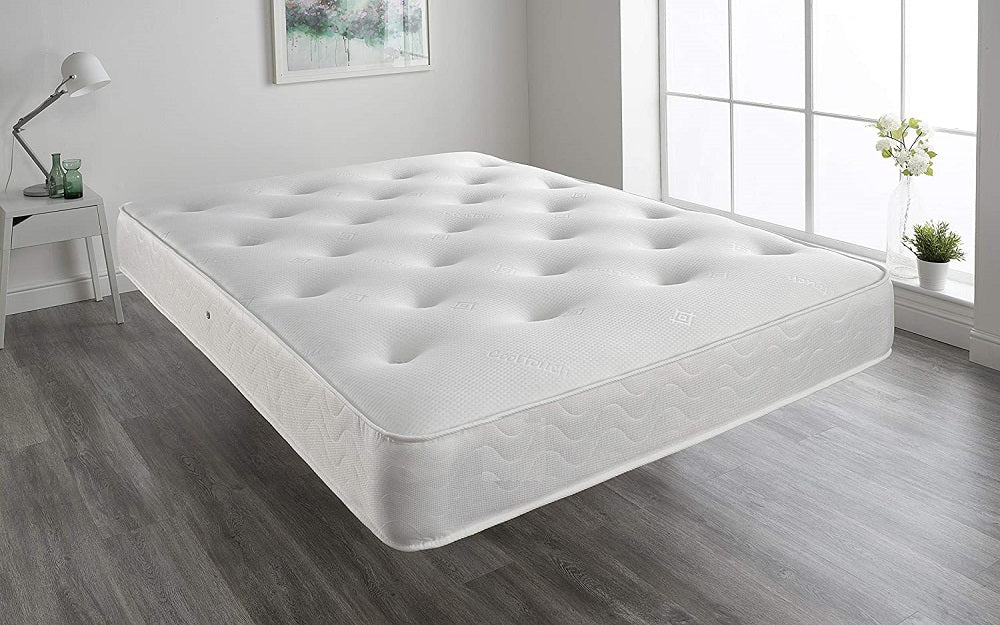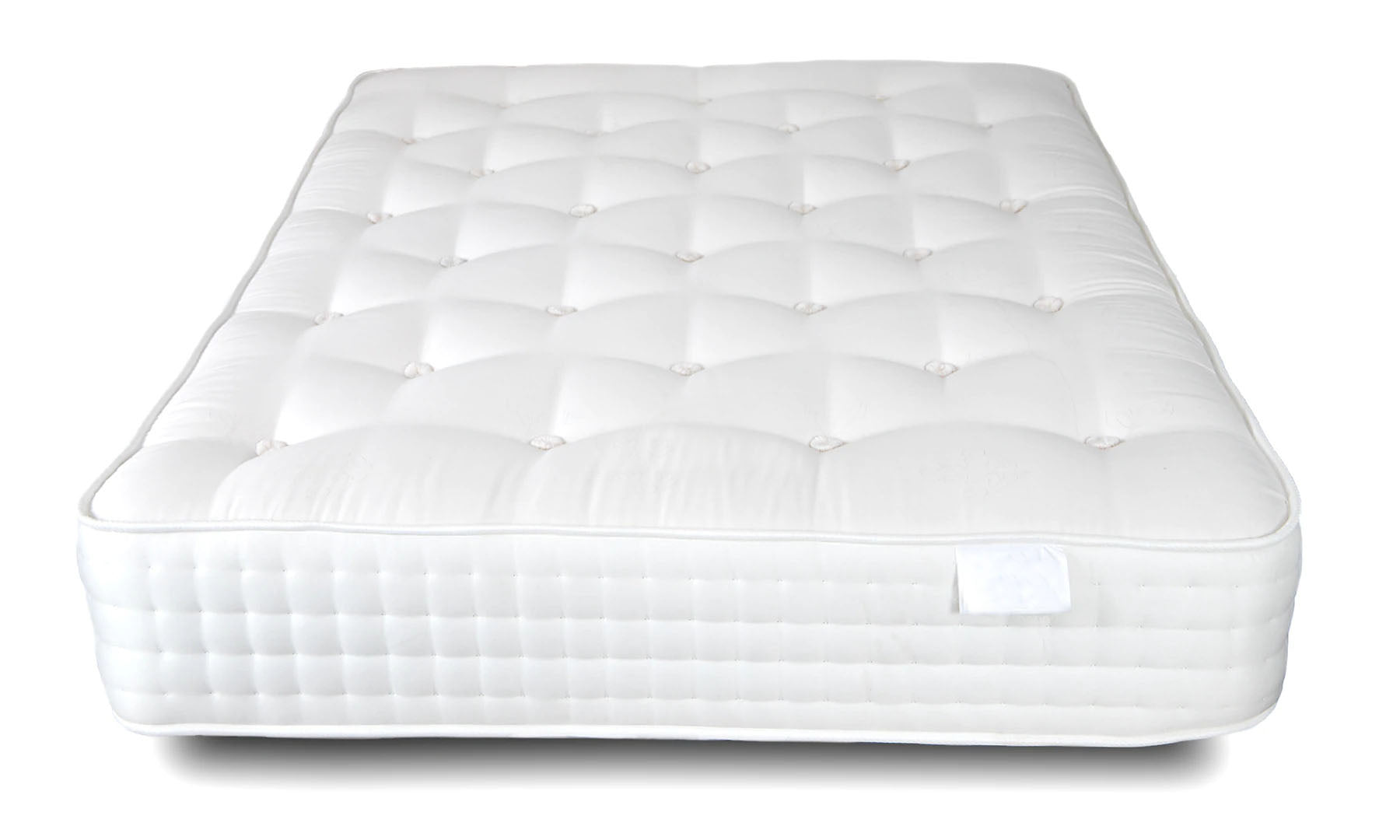A good night's sleep is essential for our overall health and well-being, and a comfortable mattress plays a vital role in achieving that. With so many options available in the market, choosing the right mattress can be overwhelming.
It is typically made up of several layers of materials, including foam, latex, springs, and fabric. The type of mattress you choose can have a significant impact on the quality of your sleep and overall health.
A good mattress should provide adequate support for your body and help distribute your weight evenly. It should also be comfortable and provide pressure relief for your hips, shoulders, and other pressure points.
Choosing the right mattress can be overwhelming, but with careful consideration of your personal needs, you can find the perfect one for a good night's sleep.
Types of Mattresses
There are several types of mattresses available in the market, and each has its unique features and benefits. Some of the most common types are:
Innerspring Mattresses
Innerspring mattresses are the most traditional type of mattress, consisting of a steel coil support system and layers of cushioning materials such as foam or fibre. They are available in different firmness levels, making them suitable for various sleeping positions.
Memory Foam Mattresses
Memory foam mattresses contour to your body shape, providing excellent support and pressure relief. They are made of polyurethane foam that reacts to body heat, making them comfortable and ideal for people with joint or back pain.
Latex Mattresses
Latex mattresses are made from natural or synthetic latex foam. They are hypoallergenic, durable, and provide excellent support and pressure relief. They are also a great choice for people who prefer a cooler sleeping surface.
Hybrid Mattresses
Hybrid mattresses combine the best of both worlds by incorporating the support of innerspring mattresses and the comfort of memory foam or latex. They are suitable for various sleeping positions and provide excellent support and pressure relief.
Factors to Consider When Choosing a Mattress
Comfort
Comfort is the most crucial factor to consider when choosing a mattress. A comfortable mattress should provide proper support and cushioning, allowing you to sleep comfortably and wake up feeling refreshed.
Support
The right mattress should provide proper support to your body, especially the spine. It should keep your body in a neutral position, preventing any aches and pains.
Durability
A good quality mattress should last for at least seven to ten years. You should consider investing in a durable mattress that can withstand wear and tear. Factors that affect the durability of a mattress are:
- Quality of materials used
- Thickness of the mattress
- Maintenance and care
Temperature Regulation
A mattress that traps heat can disrupt your sleep and cause discomfort. Consider a mattress with cooling properties if you tend to sleep hot.
Price
The price of a mattress varies depending on the type, size, and quality of the mattress. It is essential to choose a mattress that fits your budget but also provides the necessary support and comfort. Some of the factors that affect the price of a mattress are:
- Type of mattress
- Size of the mattress
- Quality of materials used
- Brand
Mattress Size
Choosing the right size of the mattress is crucial for a comfortable sleep. The most common sizes of mattresses are:
- Single: 90 x 190 cm
- Small Double: 120 x 190 cm
- Double: 135 x 190 cm
- King: 150 x 200 cm
- Super King: 180 x 200cm
Mattress firmness
Mattress firmness is another important factor to consider while choosing a mattress. The firmness level you choose will depend on your personal preference and sleeping position. Some of the firmness levels available are:
-
Soft: Soft mattresses provide excellent contouring and are ideal for side sleepers.
-
Medium: Medium firmness mattresses provide a balance between support and comfort and are ideal for back sleepers.
-
Firm: Firm mattresses provide excellent support and are ideal for stomach sleepers.
How to Choose the Perfect Mattress
Choosing the perfect mattresses can be a daunting task, but with the right information and understanding of your needs, you can make an informed decision. Here are some tips to help you choose the perfect mattress:
-
Determine your sleeping position: Your sleeping position plays a significant role in choosing the right mattress. If you are a side sleeper, you may prefer a softer mattress, while stomach sleepers may need a firmer mattress.
-
Consider your weight: Your weight also plays a role in choosing the right mattress. Heavier people may need a firmer mattress to provide adequate support.
-
Test the mattress: Testing the mattress before buying is essential. Lie down on the mattress for at least 15 minutes to get a feel for the level of support and comfort it provides.
-
Read reviews: Reading reviews from other customers can give you an idea of the quality and durability of the mattress.
-
Look for warranties: A good quality mattress should come with a warranty that covers defects and durability.
-
Choose a reputable brand: Choosing a reputable brand can ensure that you are getting a good quality mattress that will provide the necessary support and comfort.
Mattress Care Tips
Rotate your mattress every three to six months to prevent sagging and ensure even wear.
- Use a mattress protector to prevent spills and stains.
- Keep your mattress clean by vacuuming it regularly and spot-cleaning any stains.
- Avoid jumping on your mattress, as it can damage the springs and foam layers.
- Replace your mattress every seven to ten years, depending on the wear and tear.



